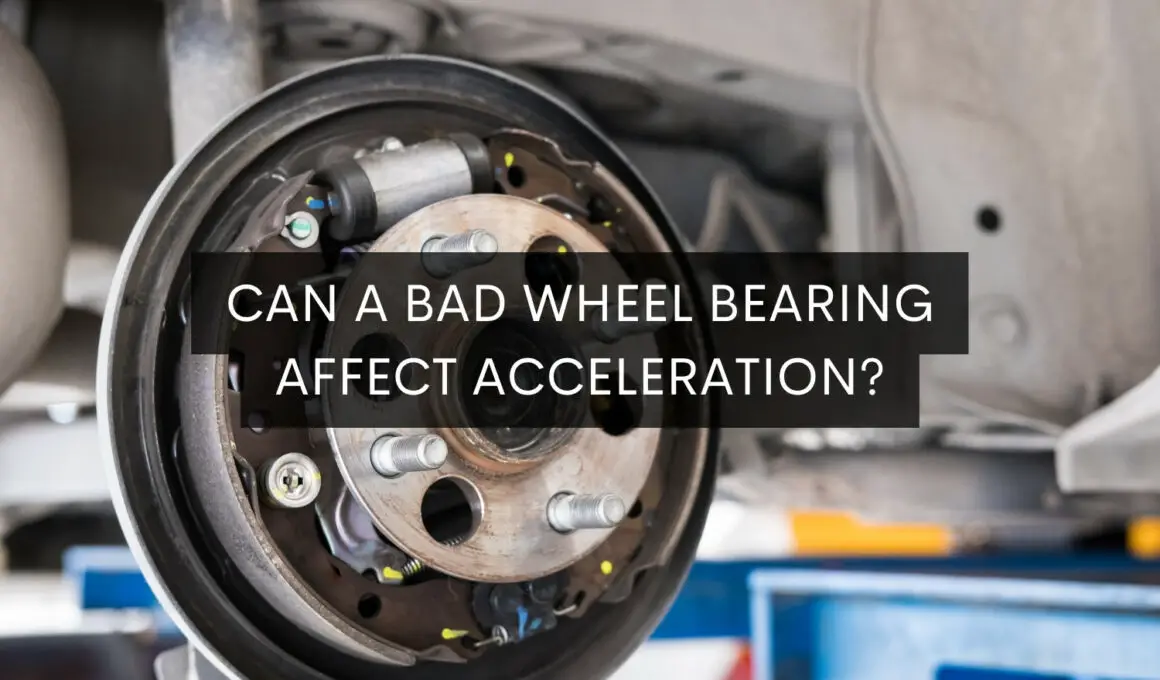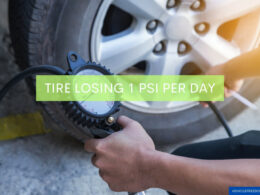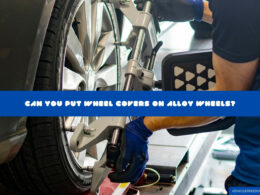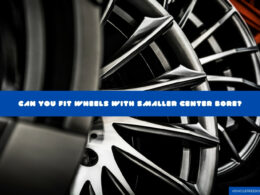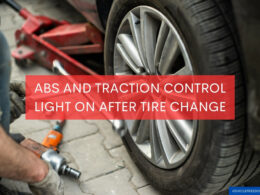In This Article Show
As an experienced mechanic and writer, Over the years, one question that has often come up is, “Can a bad wheel bearing affect acceleration?” Today, we will discuss this topic and clear up any confusion.
Wheel bearings, though not as popular as the engine or tires, play a vital role in the operation and performance of our vehicles.
Understanding how they function and, more importantly, the issues that can arise when they fail, can save us from many headaches. I’ve always stressed the need to keep every part of your vehicle, including the wheel bearings, in prime condition.
Throughout my years in the automotive industry, I’ve seen how overlooked wheel bearings can lead to unexpected issues with vehicle performance, including acceleration.
Understanding Wheel Bearings
To truly appreciate the impact a faulty wheel bearing can have on your vehicle’s acceleration, we first need to understand what wheel bearings are and their role in a vehicle’s operation.
Wheel bearings are a set of steel balls held together by a metal ring, commonly referred to as a race. They’re a crucial part of the wheel assembly, serving a two-fold purpose: they allow the wheel to spin with minimal friction and bear the vehicle’s weight.
As a mechanic with over 15 years of experience, I’ve seen how crucial these small components are to your car’s performance.
The wheel bearings sit snugly inside the hub, on the axle, to allow the wheels to turn freely as you steer your vehicle. They are essential in making your ride smooth and keeping your wheels attached to the car.
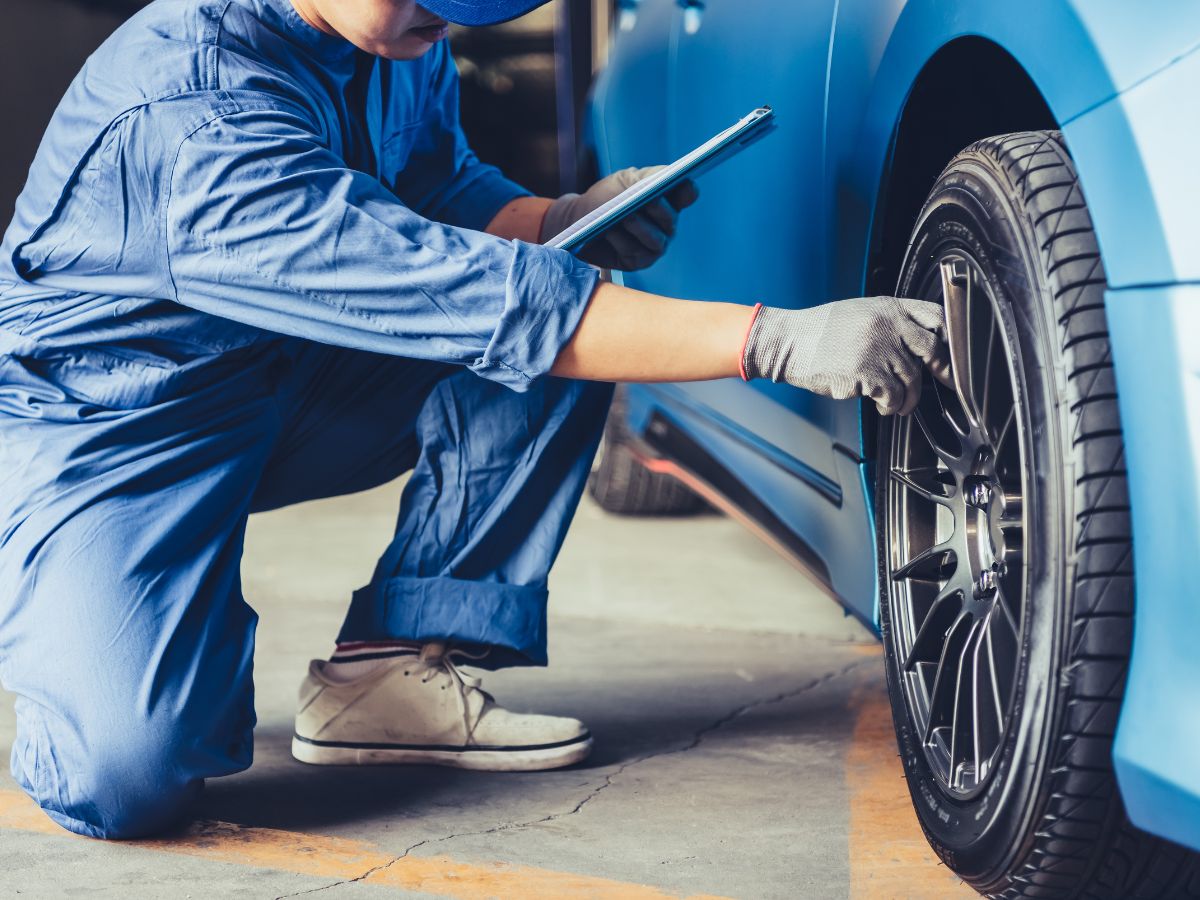
The Connection Between Wheel Bearings and Vehicle Performance
Just as an orchestra requires each instrument to be in tune for a harmonious performance, every car component must function correctly for optimal performance. Despite their small size, wheel bearings are a vital part of this complex mechanical symphony.
When wheel bearings are in good condition, they allow your wheels to spin with minimal friction, ensuring a smooth and comfortable ride.
They also play a role in transferring power from the engine to the wheels, which is essential for acceleration. As such, they significantly influence your vehicle’s performance, from the handling and ride comfort to fuel efficiency and acceleration.
However, wheel bearings are not immune to wear and tear like all mechanical components. Over time and through usage, they can become damaged or worn out.
The smooth, efficient spinning of the wheel is then disrupted, leading to increased friction and, subsequently, a myriad of vehicle performance issues.
How a Bad Wheel Bearing Affects Your Car
Bad wheel bearing often makes their presence known through the noise. You might hear a grating, humming, or growling noise that becomes more pronounced as your speed increases. This sound is typically the result of the increased metal-to-metal contact inside the worn-out bearing.
Another clear sign of a bad wheel bearing is uneven tire wear. A damaged or worn wheel bearing can cause the wheel to tilt, leading to the tire wearing out more on one side.
If you notice this issue, it’s best to have your car checked by a professional to avoid more significant problems.
So, how does a bad wheel bearing affect your vehicle’s performance? Well, a worn or damaged wheel bearing increases friction, making your wheels less efficient at spinning. This can have a few noticeable effects:
- Reduced Fuel Efficiency: Your car needs to work harder to overcome the increased friction, leading to higher fuel consumption.
- Poor Handling: The wheel may become less responsive to steering, leading to a “loose” feeling when driving.
- Decreased Ride Comfort: You may feel more bumps and vibrations as the wheel bearing can no longer efficiently absorb shock.
But the million-dollar question is, does a bad wheel bearing affect acceleration?

Can A Bad Wheel Bearing Affect Acceleration?
A question that I’ve often been asked in my 15 years as a mechanic and writer is whether a bad wheel bearing can affect acceleration. The simple answer is yes, but let’s explore why that is.
As mentioned earlier, wheel bearings play a crucial role in enabling the wheels to spin with minimal friction. When the wheel bearing is in poor condition, the increased friction can make it harder for the wheels to spin freely. This means that more power (and therefore more fuel) is required to maintain the same speed or increase speed, affecting acceleration.
This effect might not be dramatic enough to make your car undrivable. Still, it can certainly make a noticeable difference, especially if you’re used to how your car performs when it’s in prime condition.
You might find that your car feels slower to respond when you press the gas pedal or feel like it’s dragging or pulling to one side. This is your car struggling to overcome the increased friction from the bad wheel bearing.
So yes, a bad wheel bearing can affect your car’s acceleration, albeit indirectly. It’s an issue that should not be ignored, as prolonged driving with a bad wheel bearing can lead to more severe damage and potential safety issues.
How to Deal with a Bad Wheel Bearing
If you’ve determined or suspect that you have a bad wheel bearing, addressing the issue should be a priority. A left unchecked wheel bearing can lead to more significant problems, including a dangerous wheel-off situation.
Here’s a step-by-step guide on how to deal with a bad wheel bearing, based on my experience as a mechanic for over 15 years:
Step 1: Diagnosing a Bad Wheel Bearing
Listen for unusual noises as you drive, especially a grinding or grating sound that gets louder as you speed up. Also, pay attention to uneven tire wear or any vibrations felt through the steering wheel.
If you’re comfortable doing so, you can physically check the wheel bearing by lifting the vehicle, securely supporting it, and checking for play in the wheel by moving it back and forth. A good wheel bearing should allow the wheel to spin freely with minimal play.
However, it’s always best to consult a professional if you’re unsure. A mechanic can diagnose thoroughly and confirm if the wheel bearing is the issue.
Step 2: Professional Repair vs. DIY
Wheel bearing replacement can be a complex job that requires special tools. If you’re an experienced DIYer with the right equipment, tackling this job yourself is possible.
However, for most people, I’d recommend taking your car to a professional. This isn’t just due to the job’s complexity, but also because driving with a poorly installed wheel bearing can be dangerous.
Step 3: Preventative Measures
Preventative maintenance is the key to prolonging the life of your wheel bearings. Regularly clean and inspect your wheel bearings for signs of damage or excessive wear.
Also, ensure they’re adequately lubricated. Check your vehicle’s manual for specific maintenance recommendations.
Remember, taking care of your car’s components, including the wheel bearings, can significantly improve its performance, including acceleration. This can save you from expensive repairs and potential safety issues in the long run.
Wrapping it up
Wheel bearings may not be the most discussed car component, but their role in ensuring a smooth and efficient ride cannot be overlooked.
As we’ve discovered in this guide, bad wheel bearings can indeed impact your car’s acceleration, in addition to causing several other performance issues.
If you suspect a bad wheel bearing, don’t ignore the signs. Prompt diagnosis and repair are crucial to maintaining your vehicle’s performance and ensuring your safety on the road.
Even though this task can seem daunting, with the right knowledge and assistance, you can tackle the issue head-on.






